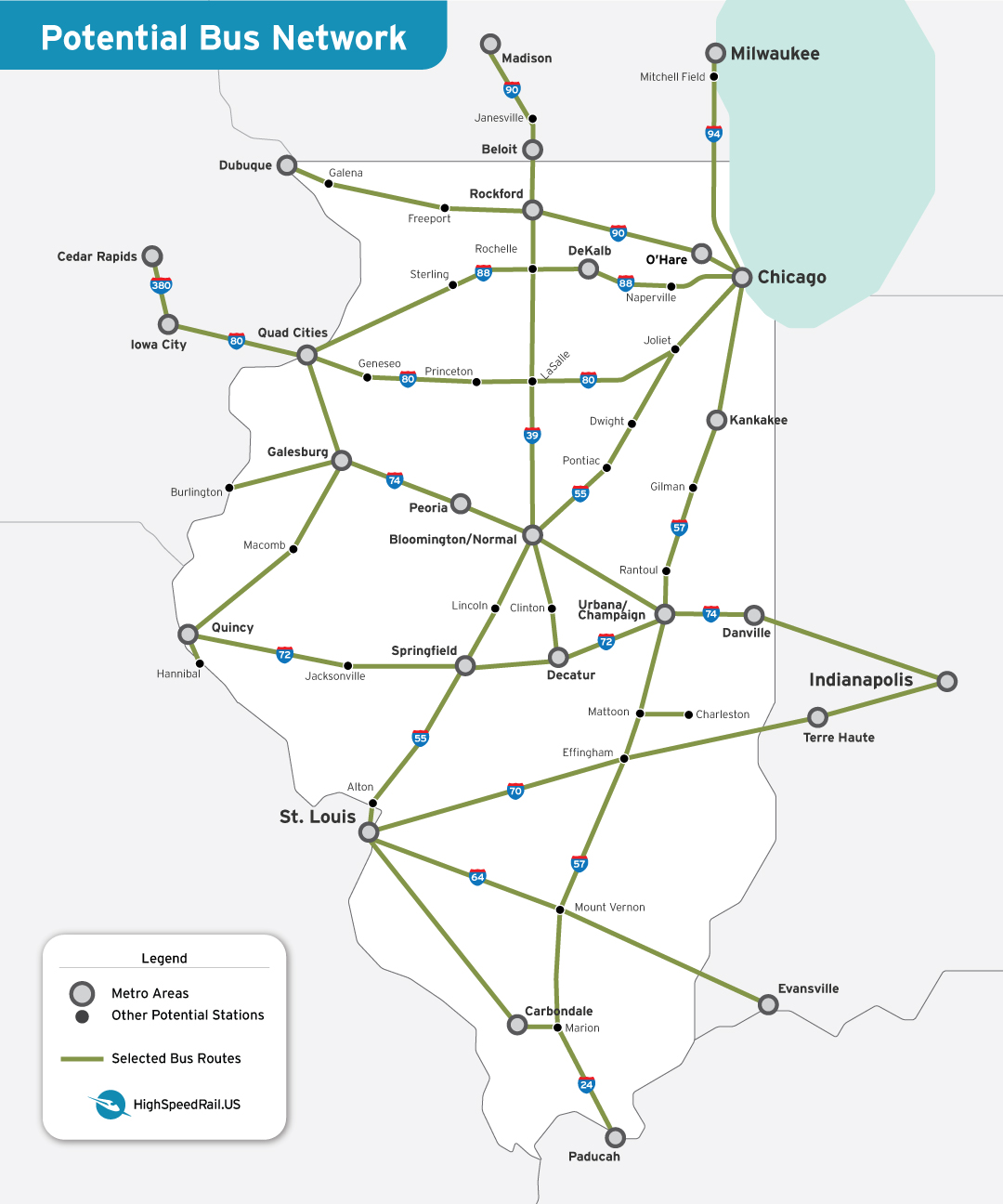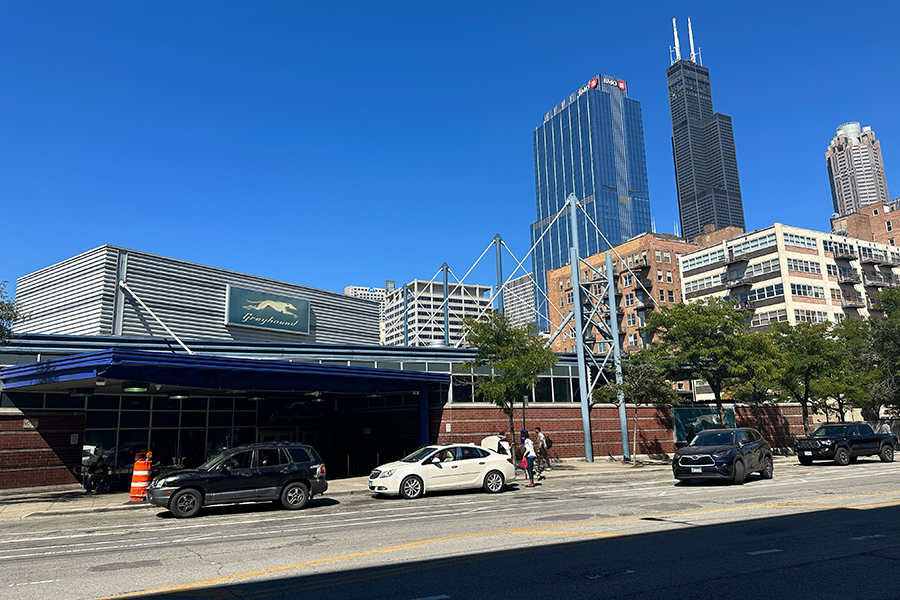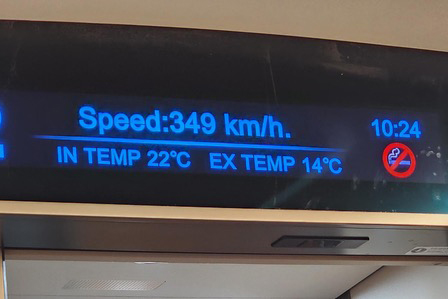Sign the Petition Supporting Mayor Johnson's Plan to Purchase Chicago's Inter-city Bus Station The city of Chicago, in peril of becoming the largest American city without an inter-city bus station, has a plan to fix the problem. Mayor Brandon Johnson, in his budget...
The city of Chicago, in peril of becoming the largest American city without an inter-city bus station, has a plan to fix the problem.
Mayor Brandon Johnson, in his budget proposal, designates $50 million for the city to purchase the existing bus station near downtown from its private-equity owner, renovate it and make it a city-owned facility open to all bus companies. The city would generate revenue by leasing gate slots to bus companies, just as it does with airlines at the airports. The funds for the purchase and renovation would come from a tax-increment financing district in which the bus station is located, and a neighboring district.
We consider this outstanding progress, and commend the mayor for proposing a way to make it happen.
Fourteen months ago, the bus station, located at 630 W. Harrison St., was slated for closure, which would place waiting passengers on the curb, in who knows what location, in a city where it’s winter 10 months of the year, with no rest rooms, no food, no chairs or benches, and the likely curtailment of bus service itself.
The immediate shutdown threat was averted last year when Flixbus, the parent company of Greyhound Lines Inc., agreed to a month-to-month lease with the bus station owner, Twenty Lake Holdings, a venture of New York hedge fund manager Alden Global Capital. The status of the bus station, which opened in 1989, became a problem in 2021 when Flixbus purchased the bus company, Greyhound, but not this and 31 other Greyhound-owned bus stations around the country. Those were sold to Twenty Lake Holdings, whose aim appears to be to redevelop the real estate.
The City Council member in whose ward the bus station is located, Alderman Bill Conway, has concerns. “I am not opposed to the Greyhound station. But it’s worth a conversation about whether we should be giving a private equity subsidiary taxpayer cash at this moment,” Conway told the Chicago Sun-Times.
We wish to make several points of clarification:
- Once the city gets involved, this will not be a “Greyhound station.” It will be a city-owned inter-city bus station open to any and all carriers that wish to use it. A bus company might purchase naming rights, but the facility would be city owned and open to all.
- The city would be “giving a private equity subsidiary taxpayer cash” only in that the city would purchase the existing bus station from its current owner. That’s not a giveaway, it’s a business deal, where one party exchanges money for real estate of equal value. Nobody is “giving” anybody anything. This is the city buying property, just the way the city recently bought industrial property to relocate Irving Park Road and expand O’Hare Airport.
- The bus station would function like the city’s airports, O’Hare and Midway, which are profit centers for the city. At the bus station, the city would lease gate slots to bus companies that serve the station, and would lease retail space in the terminal. The city would own and maintain the bus station, just as it does the airports.
Alderman Conway is also concerned that allocating $50 million in tax-increment financing funds to a bus station would reduce the amount of money available to pay possibly hundreds of millions for infrastructure projects necessary to prepare the site at Roosevelt Road and Clark Street, known as “The 78,” for the new privately-developed Chicago Fire soccer stadium.
We don’t wish to diminish the value of those infrastructure projects, including relocating the Metra tracks that pass through the Fire stadium property, but one should not take priority over the other. It would be a suspect argument to suggest that purchasing property at a bargain rate, then fixing it up and operating it for the benefit of mostly downscale travelers, would somehow be a dubious “giveaway” of taxpayer funds, while putting those same taxpayer funds into a private entertainment development a mile away should be a more important concern. These are both valid concerns. The city can do both.
A bus station is an essential connection for many travelers going to or from places the train does not go. The location of the current bus station, a short walk from Chicago Union Station, makes the bus-train connection viable. We urge the city to proceed with all possible dispatch.

Illinois should expand its bus network and a city-owned bus station in Chicago is an important step towards making this happen
The Latest from HSRA
Our Latest Blog Posts
Check out the latest news, updates, and high speed rail insights from our blog!





